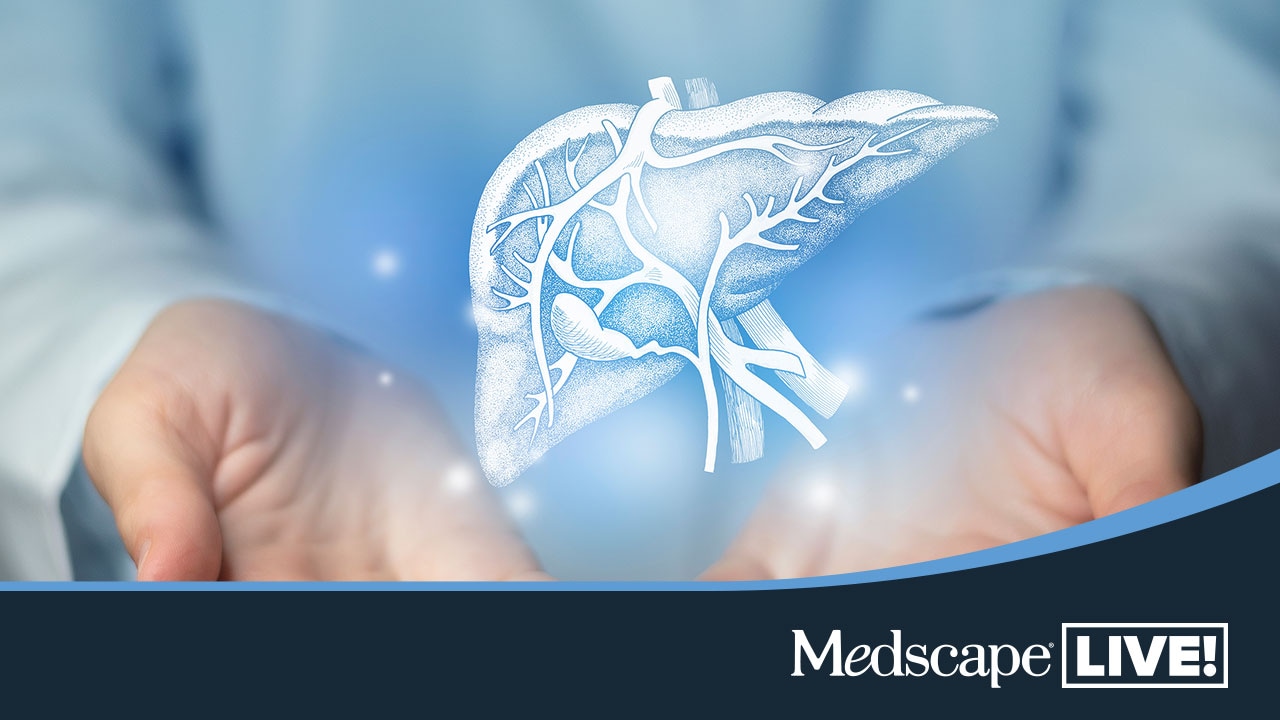Abstract and Introduction
Abstract
Objective: Based on the current difficulties in early diagnosis of HBV-related hepatocellular carcinoma (HBV-HCC), we assessed the values of preoperative serum fibrinogen-like protein 1 (FGL1) by itself and in combination with alpha-fetoprotein (AFP) for the diagnosis of HBV-HCC.
Methods: We used ELISA and chemiluminescence assays to detect the serum levels of FGL1 and AFP, respectively.
Results: Serum FGL1 level in the HBV-HCC group was significantly higher than in the chronic HBV (CHBV) group, the liver cirrhosis (LC) group, and the healthy control (HC) group. Serum FGL1 had an outstanding performance in distinguishing AFP-negative HBV-HCC from different control conditions. In the patients with AFP-negative HBV-HCC, the sensitivity of serum FGL1 was high. Moreover, serum FGL1 had a stronger performance than AFP in distinguishing early-stage HBV-HCC.
Conclusions: Serum FGL1 is significantly elevated among patients with HBV-HCC, including those with negative AFP and with disease at an early stage. Hence, serum FGL1 may serve as a potential diagnostic marker in the early diagnosis of HBV-HCC.
Introduction
Hepatocellular carcinoma (HCC) was the sixth most common cancer and the third leading cause of cancer death in 2020, with approximately 906,000 new cases and 830,000 deaths worldwide.[1] HBV accounts for half of all liver cancer deaths, especially in China.[2,3] One of the reasons for the high mortality in HCC was that most of the patients with HCC were diagnosed at an advanced disease stage, when curative resection was no longer feasible because of intrahepatic and extrahepatic metastases. Consequently, early detection and diagnosis of HCC still present the best chance for successful treatments and improving the 5-year survival rate of patients.[4]
Alpha-fetoprotein (AFP) has been widely used as a serologic diagnostic tumor marker in the laboratory for HBV-related hepatocellular carcinoma (HBV-HCC). However, the sensitivity was unsatisfactory at the cutoff of 20 ng/mL, especially in the detection of early-stage HCC.[5] Besides, the results of a large nationwide study[6] recently demonstrated a downtrend of AFP levels at HCC diagnosis, with the strongest trend seen in early-stage HCC. These findings highlight the urgent need for novel surveillance strategies, such as novel biomarkers and biomarker panels, that can detect HBV-HCC at an early stage and/or with negative AFP results.
Fibrinogen-like protein 1 (FGL1), a 68-kDa protein comprised of a disulfide bond-linked homodimer, was secreted mainly by hepatocytes in the liver and involved in hepatocyte mitosis and liver energy utilization.[7–10] In a previous circulating mRNA transcriptome study report,[11] FGL1 mRNA was identified as a potential novel biomarker for cancer detection. Also, substantial evidence[12–18] has indicated that FGL1 played a significant role in response to injury stimulation, tumor epithelial to mesenchymal transition (EMT), tumor proliferation, apoptosis, and radiation, as well as drug sensitivity in many types of solid tumors, including HCC. In this study, we focused on the diagnostic value of serum FGL1 for HBV-HCC, particularly for patients with negative AFP results or at the early disease stage, which, to our knowledge, has not yet been investigated comprehensively.
Lab Med. 2023;54(3):270-281. © 2023 American Society for Clinical Pathology













